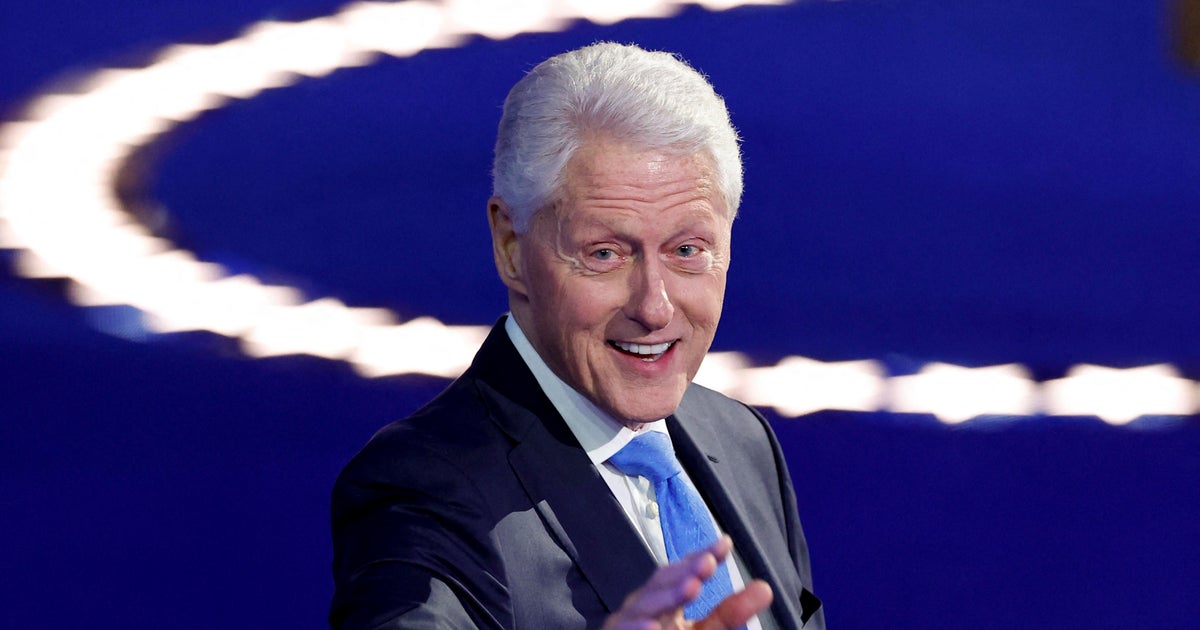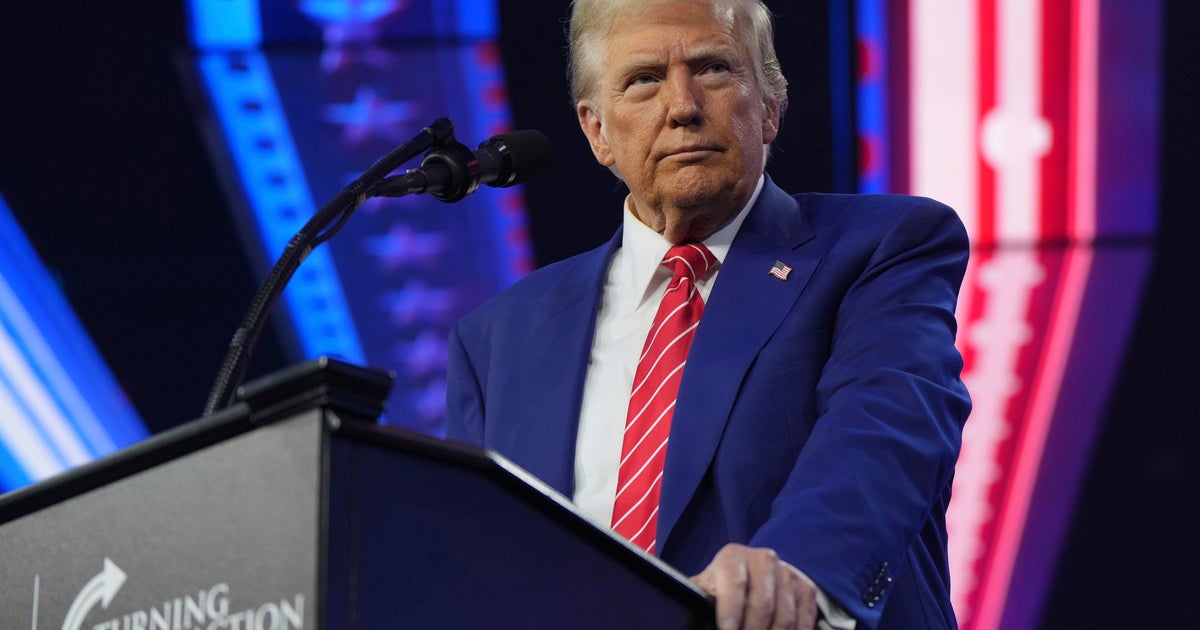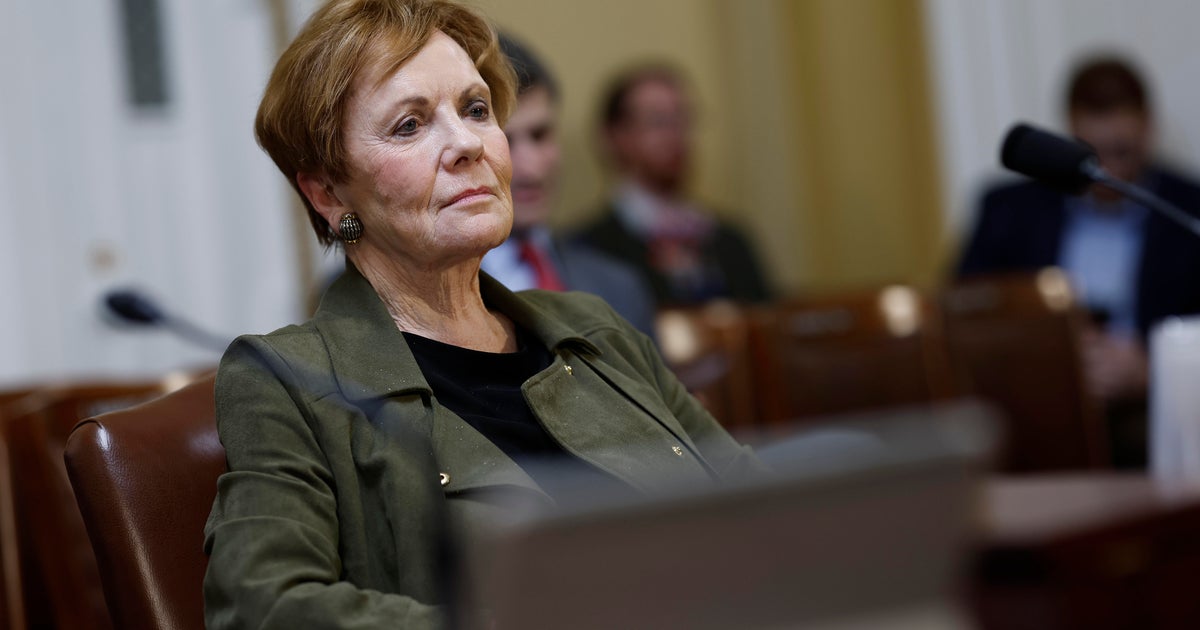U.C. Berkeley group invites Steve Bannon, Milo Yiannopoulos and Ann Coulter to speak
President Trump's former chief strategist Stephen Bannon and conservative commentators Ann Coulter and Milo Yiannopoulos may be speaking at the University of California at Berkeley in late September.
UC Berkeley's spokesperson Dan Mogulof told CBS News that the California Patriot, a student-led conservative magazine, has invited Bannon, Coulter and Yiannopoulos to the campus for "Free Speech Week" Sept. 24-27.
However, California Patriot spokesperson Bryce Kasamoto would not confirm the invitations. He did confirm that the magazine has been planning the "Free Speech Week" event, which Yiannopoulos himself has said that he's attending.
While the university said the three had been invited, Mogulof said that as of Thursday morning, not all of them have yet accepted the invitation to speak.
Mogulof explained that the university is working in "close concert" with student groups all the time, especially on controversial events. He emphasized that the purported invitations extended to the three speakers came not from the university, but from a student group, which is its own legal entity and separate from the school.
U.C. Berkeley Chancellor Carol Christ on Wednesday sent a letter out to students proclaiming the university's commitment to free speech. She defined the 2017-2018 academic school year as a "free speech year." Christ praised and encouraged the power of protest but condemned the use of violence.
In the letter, Christ also confirmed that another conservative, Ben Shapiro, had been invited by a student group, and he deserved protection. Young America's Foundation, a conservative organization, booked the Shapiro event on U.C. Berkeley's campus for September 14. The event is currently being advertised online.
This would not be the first time Yiannopoulos and Coulter were scheduled for events at Berkeley, one of the most liberal schools in the country. In February, violence erupted before Yiannopoulo was to speak on campus. Windows of businesses were smashed, anarchists burned municipal property, and the university ultimately canceled the Yiannopoulos event.
Berkeley administrators attributed the violence to outside agitator groups. Nevertheless, the images of the February riots raised doubts about the university's commitment to First Amendment protections for conservative voices.
President Trump tweeted about yanking federal funds from public colleges that turned away speakers with different political views.
Then in April, Coulter's speaking engagement at Berkeley was canceled because of widespread concern about the potential for violence after the outcry over Yiannopoulos. Groups sponsoring the event withdrew their support. The university offered to relocate the event, but Coulter canceled, suggesting she would return another time. Berkeley College Republicans and Young America's Foundation sued the university on Coutler's behalf.
After the violent protests in Charlottesville, Virginia, big public university systems like Texas A&M University and University of Florida barred white nationalist Richard Spencer, who attended the Charlottesville "United the Right" rally, from giving speeches on their campuses because of safety concerns.



